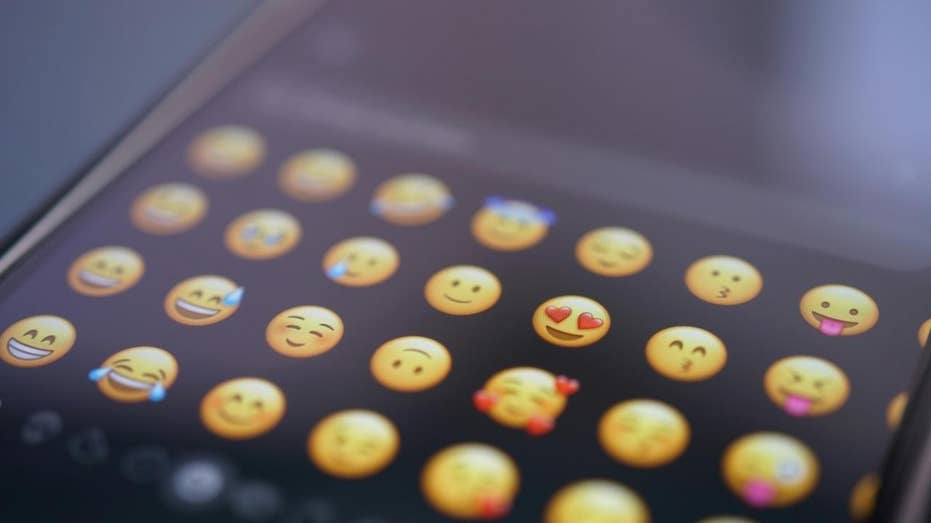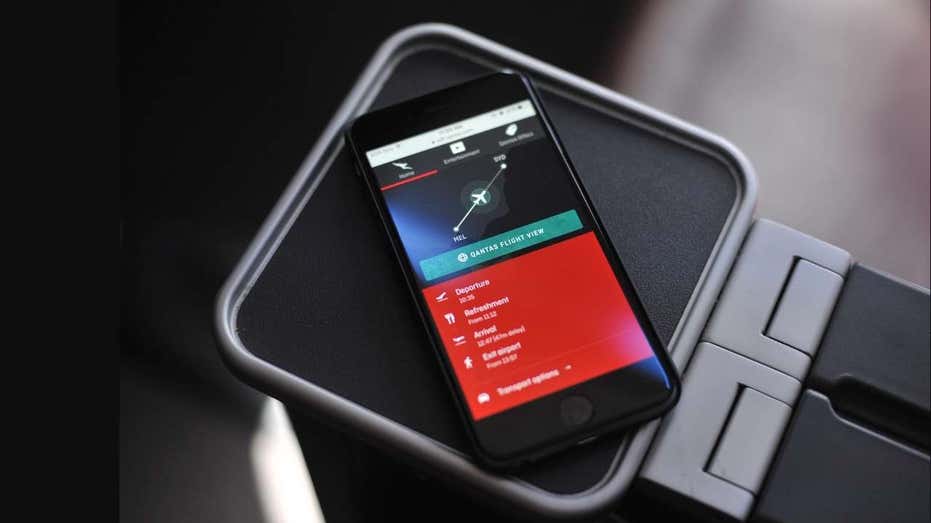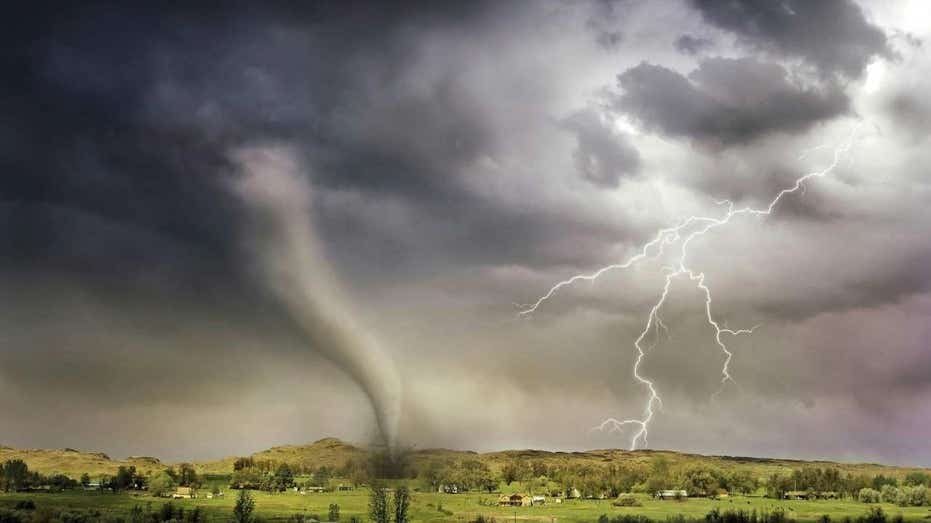📰 Want better relationships? Try adding more emojis to your texts

The article discusses the impact of emojis on digital communication, highlighting their role in creating warmer and more engaging text conversations. A study conducted at The University of Texas at Austin found that messages with emojis made people perceive their conversation partners as more attentive and emotionally engaged. Emojis act as digital body language, providing emotional nuance and clarity in text messages, similar to nonverbal cues in face-to-face conversations. The emotional consistency of emojis with the message’s tone is more important than the specific type of emoji used. While emojis can sometimes be ambiguous, their overall positive impact on communication is emphasized, especially in maintaining emotional connections in a digital world.
📰 Google signs 200 MW fusion energy deal to power future AI

Google has partnered with Commonwealth Fusion Systems (CFS) to purchase 200 megawatts of electricity from CFS’s planned ARC fusion power plant in Virginia, aiming to support Google’s AI operations. The deal is Google’s first energy agreement involving fusion technology and the largest fusion power purchase agreement to date. Fusion technology, which mimics the process that powers the sun, offers clean energy without greenhouse gas emissions or radioactive waste. CFS is working on the SPARC demonstration reactor to pave the way for the larger ARC plant, projected to start operations in the early 2030s. Google’s increasing energy needs for AI infrastructure are being addressed by securing reliable, round-the-clock fusion power through this partnership.
📰 Can you stop Mark Zuckerberg from using your art on Facebook?

The article addresses concerns about Facebook’s parent company, Meta, claiming the right to use or sell users’ creative content posted on the platform. It highlights a common worry expressed by a user named Robert from Edmond, Oklahoma, regarding the ownership of his artwork shared on Facebook. The article clarifies that while Facebook has a license to use the content posted, users retain ownership of their intellectual property rights, including copyright. It debunks the myth that Facebook or Meta can sell or give away users’ content without permission, emphasizing that users still have control over their creative work. To protect their art from unauthorized use, the article suggests adding watermarks, adjusting privacy settings, and including copyright notices in posts.
📰 Qantas data breach exposes millions of customer records

Cybercriminals targeted Qantas in a significant data breach affecting up to six million customers, highlighting the increasing risk of airline data breaches. The breach involved personal information like names, email addresses, and phone numbers but did not compromise credit card or passport details. The FBI warned of the hacking group Scattered Spider targeting airlines, including Hawaiian Airlines and WestJet. Consumers affected by the breach should update passwords, enable multi-factor authentication, and monitor their accounts for unusual activity. Taking proactive steps like using strong, unique passwords and being cautious of phishing attempts can help protect against identity theft and cyber threats.
📰 Severe weather emergency alerts: How to get loud phone warnings

Central Texas recently experienced devastating floods that resulted in over 100 fatalities and numerous missing individuals. The rapid rise of the Guadalupe River by nearly 30 feet in under an hour overwhelmed communities and emergency responders, exposing gaps in alert systems. Criticisms of the National Weather Service’s alert system during the disaster prompted public support from the Department of Homeland Security, emphasizing the importance of timely severe weather alerts. The tragedy highlighted the critical need for reliable and prompt emergency alerts on mobile devices during life-threatening weather events. To ensure receiving crucial warnings, individuals are advised to enable emergency alerts on their phones and consider using apps like Storm Shield or the American Red Cross Emergency app for additional notifications.
NOAA Weather Radio, a network operated by the National Oceanic and Atmospheric Administration, broadcasts official weather information and emergency alerts, providing real-time warnings about severe weather events. The Raynic Emergency Weather Radio is recommended for its multiple power sources, loud alerts, and additional features like a flashlight and cell phone charging capabilities. By combining a NOAA Weather Radio with a reliable device like the Raynic radio, individuals can receive clear and timely severe weather alerts regardless of their location or available power sources. The article stresses the importance of taking proactive steps to stay informed and safe during severe weather events, such as adding a NOAA Weather Radio to emergency preparedness kits.
0개의 댓글